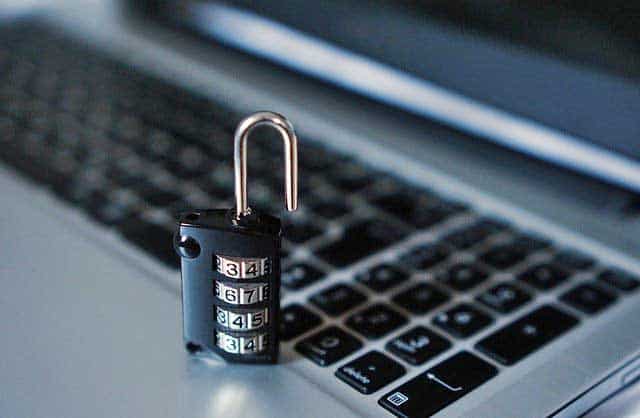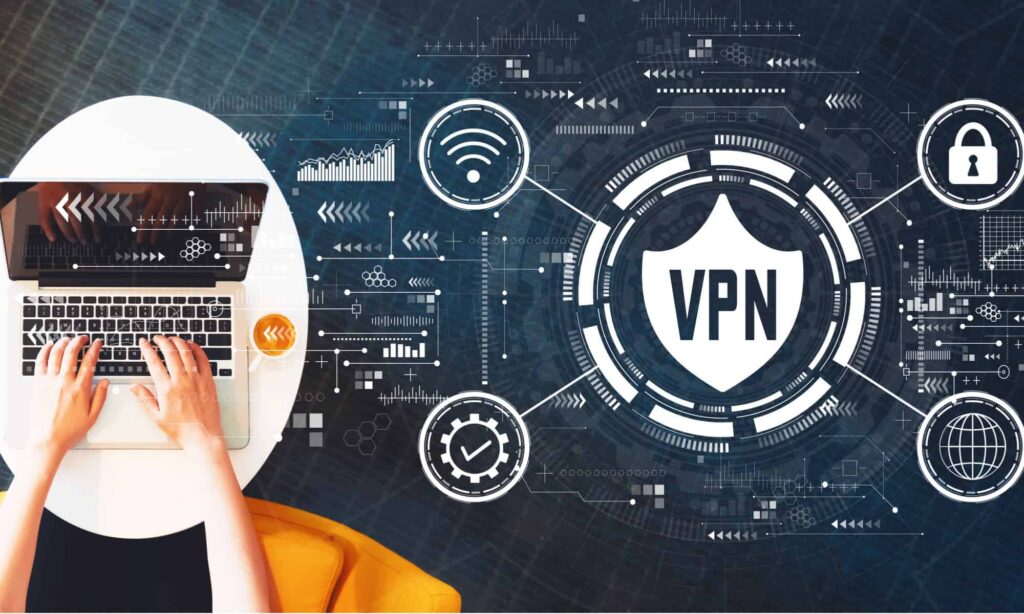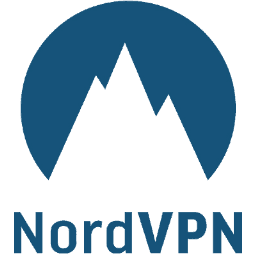
In today's digital era, where our lives are intricately connected to the internet, ensuring online privacy has never been more critical. The concern over our internet browsing history looms large, as every click, search, and online transaction leaves a digital trail of our activities.
The thought of our personal data falling into the wrong hands or being exploited for targeted advertising is disconcerting. Enter Virtual Private Networks (VPNs), the powerful shield against prying eyes.
In this blog, we embark on an enlightening journey to uncover the truth: Does a VPN truly hide your history? Discover the vital role VPNs play in safeguarding our online activities and empowering us with digital freedom.
Understanding VPN And Internet Browsing History
A VPN, or Virtual Private Network, is a technology that creates a secure and private connection between your device and the internet. It accomplishes this by routing your internet traffic through an encrypted tunnel, making it difficult for others to intercept or monitor your online activities.
When you connect to a VPN, it acts as an intermediary between your device and the websites or services you access. Instead of directly connecting to the internet, your data is first encrypted and then sent through the VPN server.
One of the primary functions of a VPN is to encrypt your internet traffic. Encryption converts your data into an unreadable format, ensuring that even if it is intercepted, it cannot be deciphered without the encryption key.
By using a VPN, you gain the advantage of browsing the internet with enhanced privacy and security. It prevents your Internet Service Provider (ISP), government agencies, or potential hackers from monitoring or tracking your online behavior.
With a VPN, you can browse the web, access public Wi-Fi networks, and conduct online transactions with peace of mind, knowing that your data is protected through encryption and your identity is shielded behind the VPN's servers.
Does VPN Hide Browsing History?

A VPN provides a level of protection in hiding browsing history, but it's important to understand its limitations. When you use a VPN, your browsing history is hidden from your Internet Service Provider (ISP) and network administrators.
The VPN encrypts your internet traffic and routes it through its servers, making it difficult for them to track your online activities. However, it's crucial to note that a VPN does not hide browsing history from the websites you visit. Websites can still collect data through cookies and other tracking mechanisms.
Additionally, while reputable VPN providers have strict no-logs policies, it's essential to choose a trustworthy service to ensure your browsing history remains private. Ultimately, using a VPN is an important step in protecting your privacy, but it's not a foolproof solution.
The VPN Encryption And Anonymity
VPN encryption plays a vital role in enhancing privacy by adding an additional layer of protection to your online activities. When you use a VPN, your internet traffic is encrypted, meaning that it is converted into a secure and unreadable format.
This encryption process ensures that even if your data is intercepted, it cannot be deciphered without the encryption key. As a result, your online communications, including your browsing history, remain confidential and secure from prying eyes.
Moreover, VPNs provide a level of anonymity by masking your IP address. When you connect to a VPN server, your true IP address is concealed, and instead, the VPN server's IP address is displayed to the websites or services you access.
This effectively hides your real identity and location, making it difficult for others to track your online activities back to you.
By combining encryption and IP address masking, VPNs offer users a greater sense of privacy and anonymity. It becomes more challenging for ISPs, government agencies, or even malicious actors to monitor or trace your online behavior, contributing to a safer and more private internet experience.
However, it's important to remember that VPNs are not foolproof and selecting a trustworthy VPN provider is crucial for ensuring both encryption and anonymity.
The Retention Of Browsing History By Other Entities
While using a VPN can help hide your browsing history from your Internet Service Provider (ISP), it's important to be aware that other entities may still have access to your online activities.
VPNs primarily protect your data from being monitored by your ISP or network administrators. However, they do not necessarily prevent websites, search engines, or online services from retaining your browsing history.
Many websites, search engines, and online services have their own data retention policies, which may include storing information about the websites you visit, your search queries, and other browsing activities.
These entities can potentially track and record your online behavior, even if you're using a VPN. It's crucial to review the privacy policies of the platforms you use to understand how they handle and retain user data.
To enhance your privacy further, it's advisable to use privacy-focused search engines, enable private browsing modes, regularly clear your browser cookies and cache, and be mindful of the information you share online.
While a VPN can provide an extra layer of protection, it's important to recognize that complete anonymity and erasure of browsing history may require additional measures beyond the use of a VPN.
The Importance Of VPN For Privacy
Using a VPN (Virtual Private Network) is of utmost importance in safeguarding your online privacy. It serves as a powerful tool for enhancing privacy and protecting your personal data from various threats.
- A VPN offers a multitude of benefits when it comes to preventing tracking and monitoring of your online activities. Firstly, it encrypts your internet traffic, making it unreadable to anyone attempting to intercept it. This shields your data from ISPs, government agencies, and hackers who may be looking to monitor or collect your sensitive information.
- Secondly, a VPN masks your IP address and location. By connecting to a VPN server, your true identity remains hidden, making it difficult for websites, advertisers, and other entities to track your online behavior or trace it back to you. This prevents targeted advertisements, profiling, and invasive data collection.
- Additionally, a VPN enables you to access the internet anonymously. It creates a secure tunnel through which your data travels, ensuring that your online activities are not easily traceable. This is especially important when using public Wi-Fi networks, where cybercriminals can intercept your data.
- Furthermore, a VPN allows you to bypass geo-restrictions and access content that may be blocked in your region. This freedom and flexibility contribute to a more open and unrestricted online experience.
By utilizing a VPN, you reclaim control over your digital presence, protecting your privacy, and keeping your personal information confidential.
It acts as a shield against surveillance, tracking, and data breaches, empowering you to navigate the online world with confidence and peace of mind.
Best VPNs For Hiding Browsing History
In this section, we reveal the top VPN services that excel in safeguarding your online privacy. With growing concerns about data tracking and monitoring, finding the right VPN becomes essential.
Explore our handpicked selection of VPNs known for their strong commitment to privacy and discover the perfect solution to keep your browsing history hidden from prying eyes.
Take control of your online privacy and enjoy a secure browsing experience with our recommended VPNs.
If you're looking for the best VPN provider known for its unwavering commitment to privacy and data protection, we highly recommend ExpressVPN.
Conclusion
In conclusion, a VPN plays a vital role in protecting our online privacy. By encrypting our internet traffic and masking our IP addresses, VPNs provide a secure and private connection, shielding our browsing history from prying eyes.
Throughout this article, we have explored the significance of protecting our online activities and the benefits of using a VPN.
We highly encourage you to prioritize your privacy and security by utilizing a VPN like ExpressVPN.
Take control of your online presence, safeguard your personal information, and enjoy a safe browsing experience with the power of a trusted VPN.

Thomas Smith is the editor of forprivacy.org, overseeing a team focused on building the voice of the cybersecurity world through guides, reviews articles and community. His background is as a writer and seasoned software industry veteran with 10 years of experience.
More Posts




